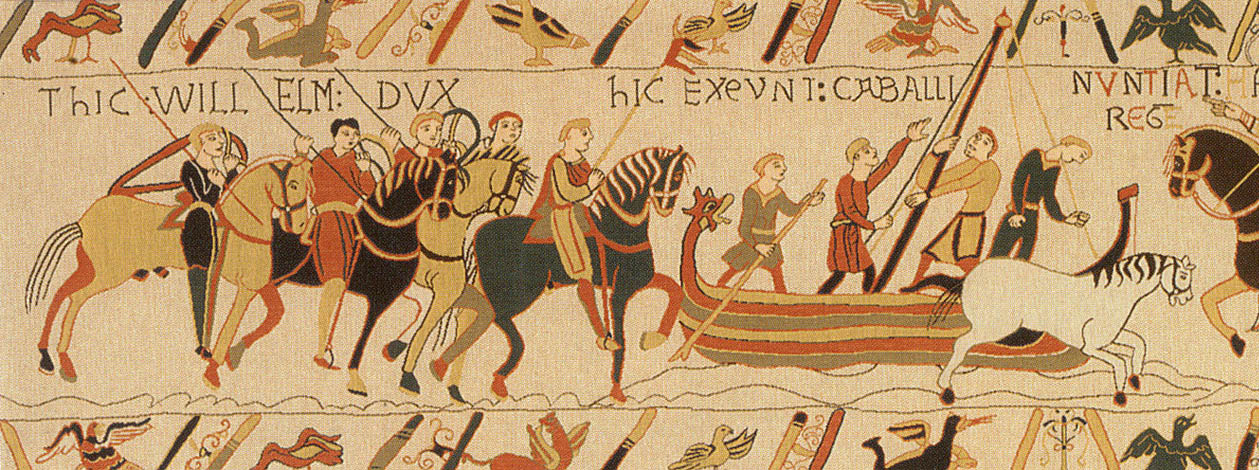This project ran for one year from 1 October 2006, seeking to assess the impact of the collapse of the ‘Anglo-Norman realm’ in 1204 upon the Anglo-French aristocracy. It focused in particular upon the estates and families listed in the Rotulus de Valore Terrarum Normannorum, a roll compiled in 1204 for King John of England to record his confiscations of the English property of Norman landowners.
This text mentions about one hundred lay estates, distributed across eighteen counties in central and southern England and taken from about sixty individuals. For several decades after 1204, many families attempted to maintain their interests in both countries, while both monarchies used confiscated estates as rewards for their loyal subjects. The project therefore traced the history of each family and estate on the roll until 1244, when the kings of England and France each prohibited their subjects outright from holding lands in both kingdoms. The project analysed the splintering of Anglo-French aristocracy into separate English and French communities, and assess the role of the confiscated lands in royal patronage.
A web-based relational database of the families and properties recorded in the Rotulus de Valore Terrarum Normannorum was established, identifying the various links between these members of the Anglo-French community, such as kinship ties, political affiliation, and landownership. An integral aspect of this database was the development of web-based tools such as digitised genealogies and maps.
Website
Duration: 1st October 2006 – 1st October 2007
Project Team
- Dr Daniel Power (PI – Department of History, University of Sheffield)
- Dr Tony Moore (Research Associate)
- Ed MacKenzie (Developer – The Digital Humanities Institute)
- Jamie McLaughlin (Developer – The Digital Humanities Institute)
- Katherine Rogers (Developer – The Digital Humanities Institute)
